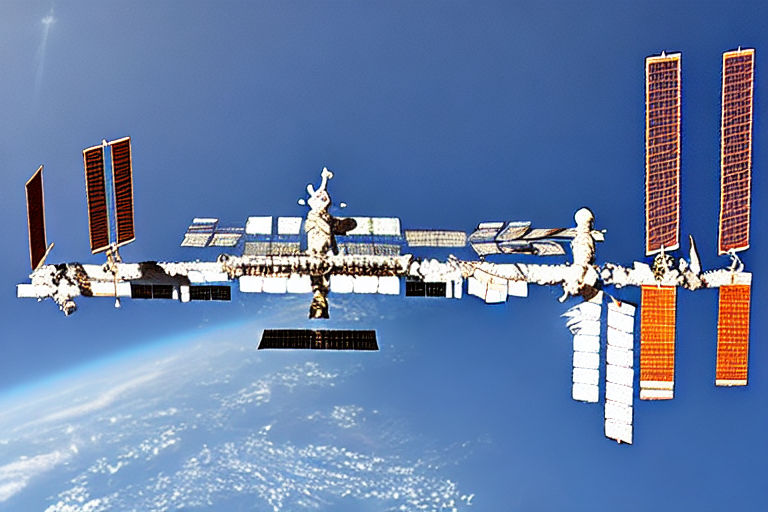The International Space Station: A Look Into Current Research and Future Developments
The International Space Station (ISS) is a habitable artificial satellite, positioned in low Earth orbit. It is the largest human-made object in space and serves as a unique platform for scientific research. The ISS is a collaboration between multiple space agencies including NASA, Roscosmos, JAXA, ESA, and CSA. It has been in orbit since November 1998, and its current configuration allows for up to six crew members to conduct research in space for several months at a time.
Current Research on the ISS
The ISS provides a unique opportunity for researchers to conduct experiments in a microgravity environment. This environment affects everything from human biology to the growth of plants, microorganisms, and crystals. The following are some of the current research projects being conducted on the ISS:
- Microorganisms: Researchers are studying the effects of microgravity on microorganisms, such as fungi and bacteria, to better understand how they adapt to space environments. This research has potential applications in developing vaccines and new antibiotics.
- Human Biology: Astronauts on the ISS are participating in studies to better understand the human body's response to long-duration spaceflight and the potential health effects of living in space. These studies can help address health concerns for astronauts on future long-duration space missions.
- Physics: The microgravity environment on the ISS allows researchers to study physics phenomena that cannot be observed on Earth. Scientists are conducting experiments on fluids, plasma, and electric fields, which can help improve materials and electronics used in spacecraft.
- Plant Growth: Researchers are studying plant growth in space to better understand how it is affected by microgravity, radiation, and changes in atmospheric pressure. This research can help develop sustainable food systems for long-duration space missions and improve agriculture practices on Earth.
Future Developments on the ISS
The ISS is expected to continue operating until at least 2024, with the potential for extension to 2028 or beyond. In addition to ongoing research, there are several future developments planned for the ISS:
- Commercial Spaceflight: The ISS is being opened up for more commercial use, with interests ranging from scientific research to space tourism. NASA is also planning to award contracts to private companies to construct new modules for the ISS, increasing its capabilities and capacity.
- Deep Space Gateway: NASA is planning to use the ISS as a platform to develop and test technologies needed for future missions to deep space destinations, such as Mars. The Deep Space Gateway is a proposed platform that would be assembled in cislunar space (between the Earth and Moon) and act as a staging point for future missions.
- de-orbiting the ISS: Eventually, the ISS will no longer be viable and will need to be decommissioned. NASA is currently planning on de-orbiting the structure over the ocean, where it will burn up on re-entry and eliminate the risk of debris falling on populated areas.
The International Space Station is a testament to international collaboration in pursuit of scientific research and exploration. As we continue to look to the stars, the ISS serves as an important platform for research and development in space, paving the way for future space missions and discoveries.



